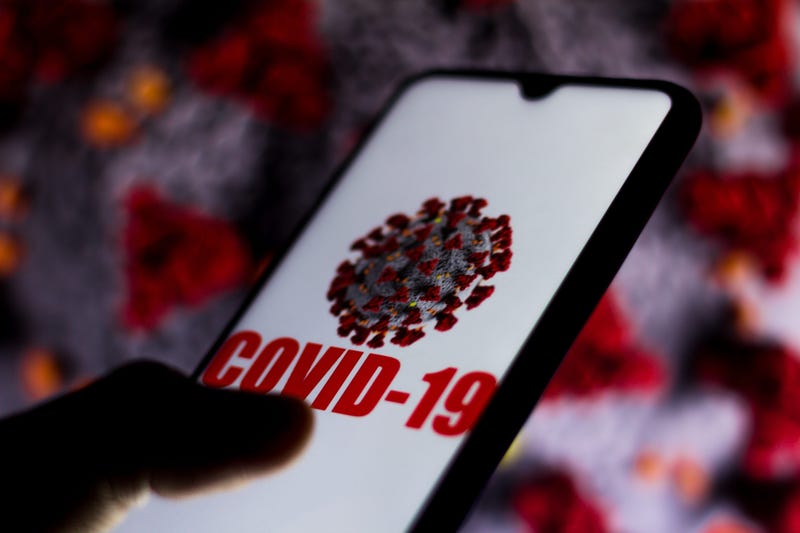
CHICAGO (WBBM NEWSRADIO) -- There has been a lot of talk about contact tracing and COVID-19, but there are also a lot of questions about it and how it works.
Contact tracing has been around for awhile.
"Some of the new technologies work from Bluetooth, so if you are in close proximity to someone for over a certain period of time, then your phone will track that you were next to that person, and that it reports that back to a centralized database," he said.
But what does that mean for your privacy? Who will have access to your information?
"Here's the big question, right, can you turn it off? In today's world, because we have opted into these applications, because we are using them, we are sending that data back to somewhere, and it is really dependent on the application manager, or the application provider, whether or not we can turn those things on or off," said Chris Nyhuis, Founder and CEO of cyber security firm Vigilant.
Nyhuis said in how the government will use contact tracing – what’s being said is that the government is not going to tie individual information – you name or address – to that information if it’s given to outside resources.
He said what it comes down to is "make sure you read your privacy documents and make sure you know where your data is going, because once your data leaves you, the companies that have that data, they are responsible for the security of it - but once it leaves you, you are no longer in control of the security of that data."
And there is always the threat of information being hacked.
